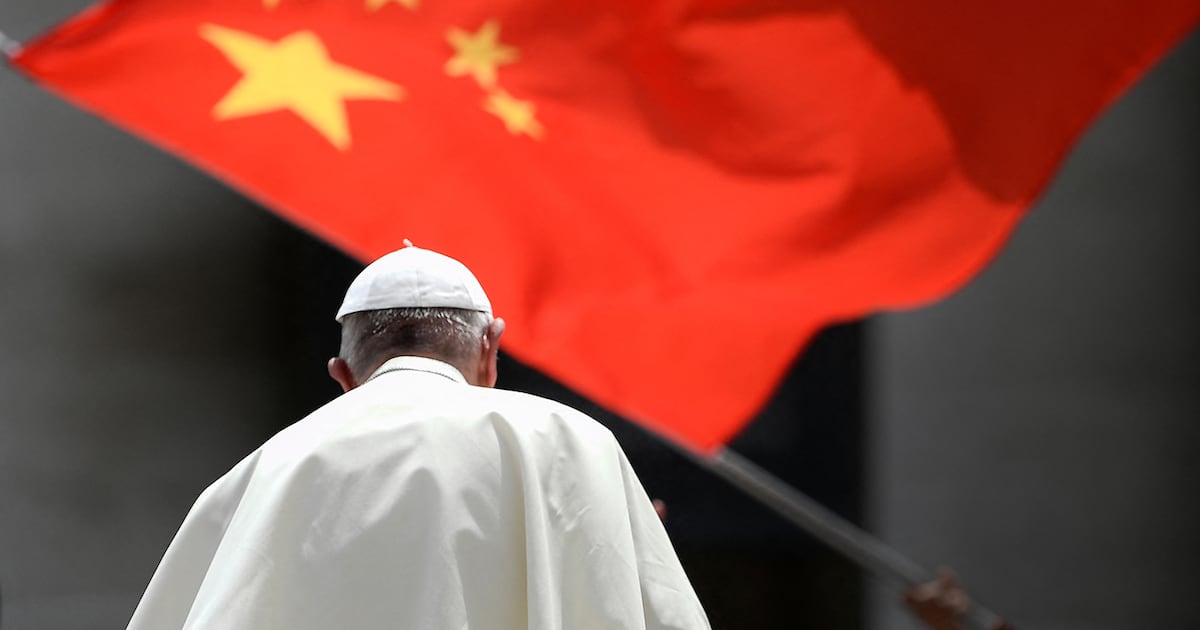
Taiwan wanted to send its President Lai Ching-te to Saturday’s funeral of Pope Francis but after negotiations with the Vatican, the Foreign Ministry said a former vice president will attend instead.
Analysts say the Vatican may be concerned about angering China, which views self-ruling Taiwan as part of its territory.
The Vatican is one of only 12 countries to maintain formal diplomatic relations with Taiwan. Taiwanese presidents have attended the most recent papal inauguration in 2013 and funeral in 2005.
Taiwan’s Vice Foreign Minister Wu Chih-chung said on Tuesday that it was hoped Lai could attend the pope’s funeral which will take place on Saturday. The Argentine pontiff died of a stroke at age 88 on Monday.
But on Wednesday, Wu noted that Vatican had its own considerations and subsequently the ministry issued a statement saying former Vice President Chen Chien-jen would attend instead as the president’s envoy. Chen had met the pope six times.
Chang Meng-jen, head of the Italian Languages Department at Fu Jen Catholic University in Taiwan, said that the decision for Lai not at attend pointed to China’s growing international influence and the Vatican’s reluctance to annoy Beijing,
“Since President Chen Shui-bian could attend the funeral of (Pope) John Paul II, President Ma Ying-jeou could attend the inauguration of Pope Francis, but now President Lai cannot go, perhaps it’s because China’s diplomatic strength and international influence are much greater than they were more than a decade ago,” he told RFA.
Karl Kung, who is a member of the Holy Sepulchre of Jerusalem – a Catholic order of knighthood under the protection of the Holy See – told RFA that when Chen attended Pope John Paul II’s funeral as president in 2005 it attracted international attention and caused great displeasure in Beijing. He said this time the Vatican is probably afraid of a backlash from China.
Chia-Lin Chang, a professor at the Department of Diplomacy and International Relations at Tamkang University in Taiwan, said that she expected China would at most send clergy to Francis’ funeral, and would not send officials from the State Council, Ministry of Foreign Affairs or the ruling communist party.
However, she expected the pope’s successor would continue to recognize the Vatican-China-Taiwan triangle framework and the Vatican-China agreement established by Francis.
In 2018, China and the Vatican signed an agreement on the appointment of bishops under which China would propose candidates for bishops, and the Pope would select them. In 2022 and 2023, China appointed two bishops without the authorization of the Vatican, which accused China of violating the agreement, which was nevertheless renewed.
When the Chinese Foreign Ministry expressed its condolences Tuesday on the pope’s death, it said “China is willing to make joint efforts with the Vatican to promote the continued improvement of China-Vatican relations.”
Edited by Mat Pennington.


